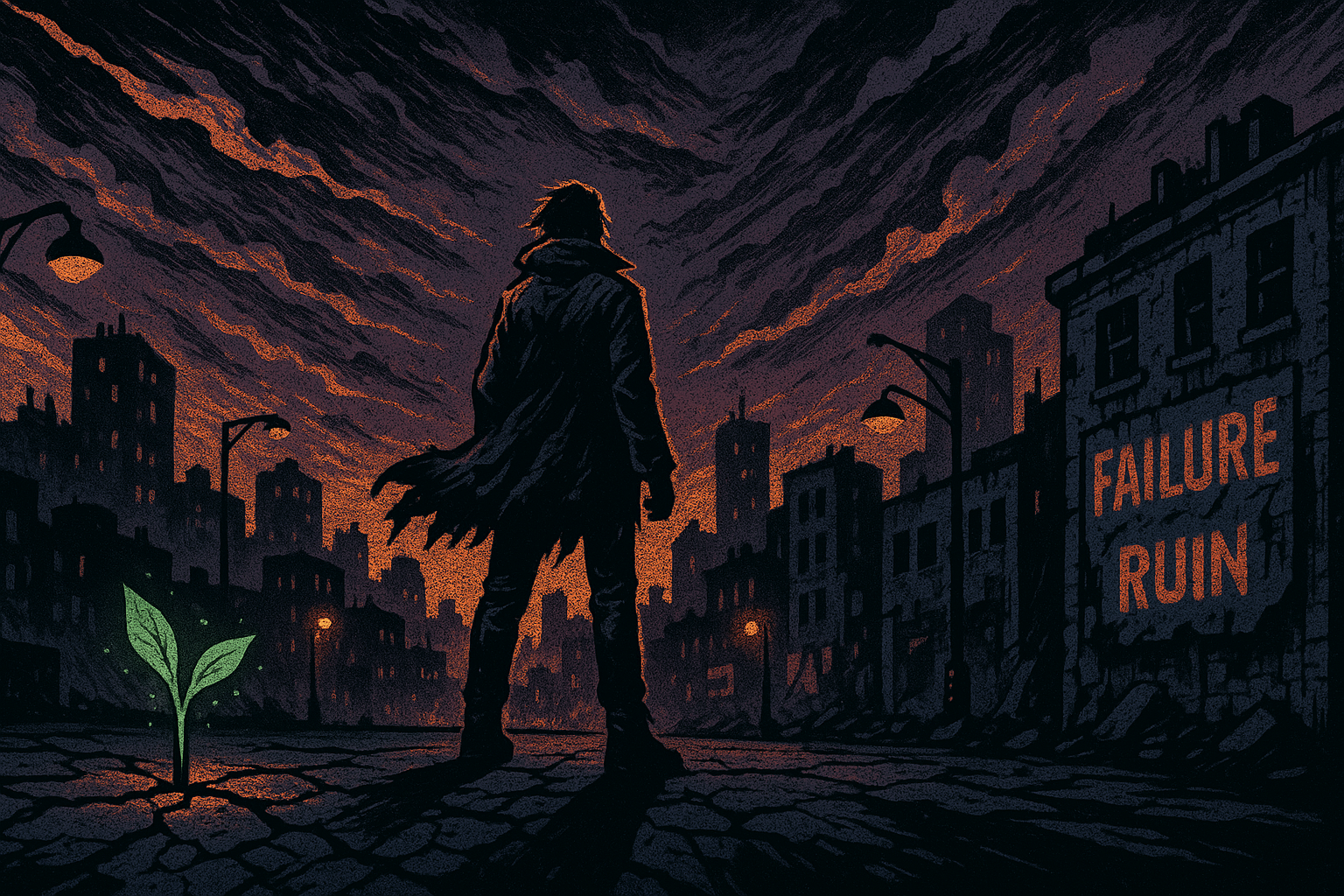MacGyver was a 1980s TV character who continually faced difficult problems that needed urgent attention. Usually, someone was in physical distress or danger which required MacGyver to act quickly with creativity. He created solutions from the environment around him. He often used a roll of duct tape stuffed in his back pocket, an ID card, a Timex Camper watch, strike-anywhere matches, a few paper clips, chewing gum, and a flashlight. These were the common resources he used to create a way to help others get out of a dangerous fix. MacGyver certainly paid attention to Einstein’s belief that you cannot find a solution with the same mindset that created the problem in the first place. He role-modeled calm and poised perspective, adaptability, and environmental awareness.
These are attributes that must be incorporated in recovery by addicts.
Addicts tend to ignore Einstein’s warning and adopt the mindset that “where there is a will there is a way.” When things don’t work out they tend to want to do the same thing that didn’t work, only try harder—very anti-MacGyver-like. Addicts tend to want to hold on tighter when they need to let go. Out of fear, they tend to want to speed up when they need to slow down. They tend to bury their head in the sand when they need to look at themselves in the mirror and face what is real. Addicts want to manipulate outcomes when they need to let go and free fall, trusting the outcome to their Higher Power. Free fall does not mean to be irresponsible. It does mean you cannot control the results. It’s a hard thing to lean into sadness with no solution and just be sad. By letting the tremor of anxiety work its way through you learn that you can go down and come back up, even stronger.
Addicts who have not learned to be adaptable or calm, and will try to address a given problem in a certain way. When it doesn’t work, they bear down and try the same thing only harder. This becomes crazy-making for the addict and everyone around them. They get stuck and trapped. This is what unmanageability is all about. Dysfunctional relationship patterns reflect this kind of craziness—doing the same thing that doesn’t work over and over expecting a different outcome!
Here are a few considerations when you find yourself stuck in this destructive pattern of behavior.
1. First, take a deep breath and do nothing. Simply look around you and notice your environment (where you are, what was said and done, the time of day and who did what). Just be aware of your surroundings. Nothing changes until it is first real. Sometimes it only takes a few moments to size up what is real but those few moments are crucial to the response and action you take.
2. Perspective comes when you don’t personalize but let go of the results. It’s not about you! You will personalize as long as you believe the results are about you! When you are stuck in the position that it is about your money, property, investment, feelings, etc. you are most likely to remain doing the same thing you did that got you in the mess that was created in the first place. Detach from the results and let go of the outcome. It is an illusion that it was your money, property, investment gain, or about your feelings. Feelings come and go and you are a custodian of all the materials assigned to you. We will all let it go someday, sooner than we think. When you detach you will open your thinking to a better solution with a different mindset than the one that created the problem in the first place.
3. Poised perspective creates adaptability that finds a way where there seems to be no way. Detachment creates a poised perspective that generates adaptability to the environment in which you live. Poised perspective informs you when you need to try a little harder and when you need to let go and stop trying so hard. Detachment develops a quietness that fosters resilience and clarifies the possibilities for a creative solution. Often, the answer will emerge more clearly in the quietness of letting go than it will in the urgency, frustration, and desperation of pushing harder. There is a little jingo that goes “God will make a way where there seems to be no way.” However, you choose to define the term “God”—there is a power source within that when you draw from it you create a powerful perspective that enables you to adapt with new creative solutions different from your old unproductive past experiences. Day by day awareness will cultivate this deeper awareness of your own brilliance.





